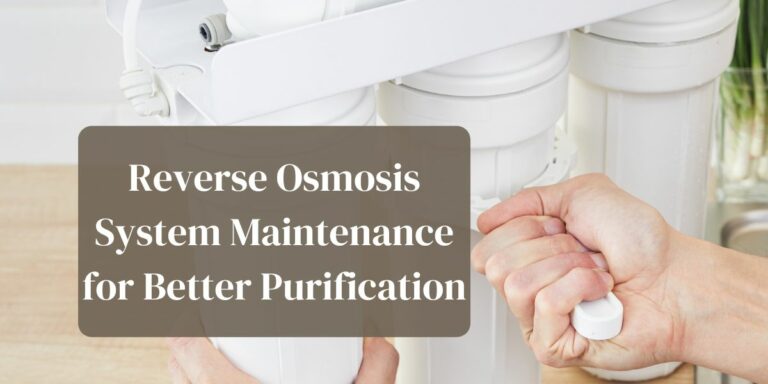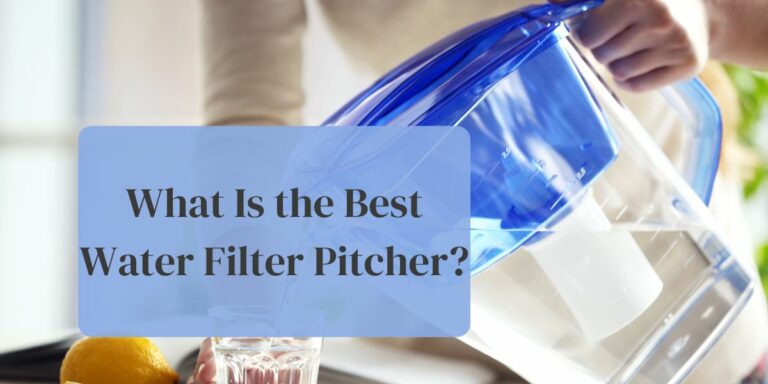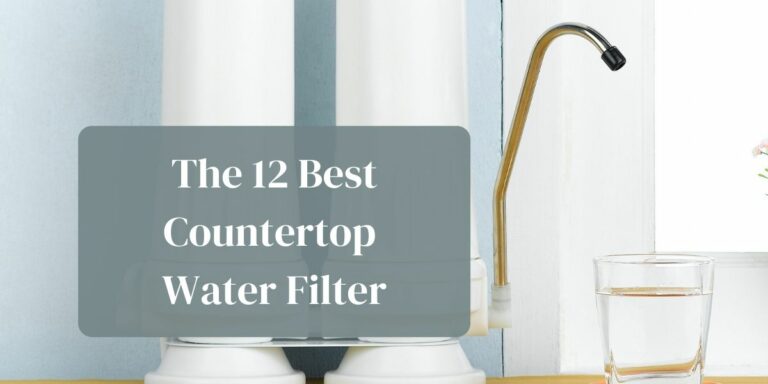Modern water heaters are designed to be as accident-free as possible. Primary reason – they are built as tank-less heating machines. One question that often comes up is, should I turn off the water heater if the water is off?
However a lot many houses are still operating traditional heating devices.
Table of Contents
- Does shutting off water affect water heater??Do you have to turn off hot water heater when turning off water?
- Should you turn off water when going on holiday?
- Is it OK to turn off gas water heater?
Modern Heaters VS Old Machines
Remember the most important mechanics of all heaters –
Water heaters have heating rods – known as a Dip Tube – which should remain submerged in water all the time.
The common cause of heating devices getting burned or other electrical short circuits is low water levels in the tank. If the water tank is empty and the machine is off, the rods get heated and as there is no other substance to absorb their heat, so they melt, smelted, burned and sometimes cause electrical failures.
Modern machines have low water cutoffs. The dip tube stops 4 to 8 inches above the thermostat. This is to ensure that even if water supply stops, tank water isn?t siphoned out of the machine completely.
Basically the machine stops running avoiding the possibilities of a melting dip tube or other machine failures.
There are a few questions you need to clarify in order to safeguard your machine and increase its life. Knowing a little about their functioning will ensure low electricity bills and will also prevent your house from leakage issues.
Also read: Out top list of the best electric tankless water heaters.
Does shutting off water affect water heater??Do you have to turn off hot water heater when turning off water?
These two are the most relevant questions. And mostly faults and accidents occur if you keep the heater on and the supplies off or vice versa.
There is no fixed procedure to follow in turning the hot water heate on or off. It all depends on the scenarios and the type of machine you are using.
Below are the circumstances for do’s and don’ts according to some of the most common scenarios you might experience.
Temporarily Turning Off Water
Generally – Shutting off water does not affect your the machine, if you are closing the main supply temporarily.
For instance – you have a plumbing emergency or dirty water supply. If temporarily you shut off the water main and you keep the hot water heater on – then ensure that the machine is not running low on water storage.
If the water tank is at least half full – then you can continue with your plumbing repairs without switching off the appliance.
If you are temporarily shutting off the mains then make sure that you don’t use up – all the water of the tank.
The tank should always be one third full.
Low Capacity Water Tanks
If the heater does not feature a lot of storage – then the best option is to shut the heater off if switching off of water source is required.
The mechanics are simple.
If you use even a little water – and if the water goes below the dip tube – you will end up burning it.
How to turn off hot water tank?
However if you don’t want to switch the heater off – possibly because the heater is connected to electric mains and you are unable to locate the specific switch to turn off the machine – then turn off the hot water tank.
Generally heating devices have a compartmentalized water tank. You can switch it off and on – without switching off the heaters. Locate a small knob like handle on the side or the back of the tank. And pull it all the way down. An alternative to it is – You can just flip the breaker to the water heater too.
This will stop the water flowing in to the pipes. So even if the machine gets heated up – the dip tube will always have water surrounded to itself.
The only problem – you will have no access to hot waters until you switch on the water supplies and also turn the knob of the water tank back to its upward position.
Short Circuit or Electrical Fault
If you are experiencing any kind of electrical fault in the machine then shut the hot water heater off and the main water – both – immediately.
Municipal waters have salts dissolved in them and salt water is a good conductor of electricity. There is always a risk involved of water acquiring electrical charge even though the machine is off.
Sometimes a residual charge remains on the rods in case of electrical mishaps. So when you switch on the machine after the repairs let the water in the heater drain down and do not use it for any purpose.
As the water starts draining – switch on the main water.
Water Leakage
If you are experiencing water leakage – from either of the two – i.e. water mains or hot water heater then switch off both of them.
There are less chances of heater’s rods getting affected if the heater has the leakage. However there is a high chance of your house being flooded.
If the water mains is experiencing a leak then the heater might suffice of water – and there is an increased risk of the rod’s getting burned.
Keep both of them off – until the leakage issue has been solved.
Family Strength
Don’t be surprised by this criterion. Most water heater problems come from large house holds.
Maintaining an electrical device especially an electric water heater is easy if you are having a nuclear family. As the family increases in size, the magnitude of electronic failures increases too.
So if you have a large family then do not turn off the water main if there are small glitches or mechanical errors in the device.
However switching off the supply is mandatory if there are electrical faults, or leakages. And in that case, you need to shut the machine off immediately, because there is a good chance of all water being used up if the individuals are more.
A couple of minutes during a switch off may save you hundreds of dollars!
Should you turn off water when going on holiday?
Some people opt to switch off the water fearing leakage, and some opt to switch off the heater to save on electricity bills. So what should you do if you are not going to use your heating unit for a long duration?
If you have an up to date – modern heating system then you don’t need to shut down water and not even the system.
Modern machines – themselves go in hibernation mode (or “VAC” vacation mode) – if they are not used for a couple of hours or days. So minimal to no electrical units are consumed.
Secondly if the machine detects low water – then it will cut off the water main by itself. So basically this auto detection also saves the electrical parts.
However if the machine is old, and you are going on a vacation – then these are the do’s and don’ts.
VAC Mode
If the machine has a manually operated “VAC option” then turn it on – before leaving. Find for “VAC” on thermostat. You don’t need to switch off the machine.
This mode lowers the temperature range to 20 – 25 degrees. So the machine stops heating the water – as soon as it reaches 20 or 25. (Normally, a heating device constantly keeps the water at a temperature of between 120- and 130-degrees Fahrenheit.)
No VAC Mode
If you do not have this option – then manually lower the temperature range. You?ll get the same efficiency as you would from putting a newer model in VAC mode.
If the heater does not feature temperature lowering too – then you can shut down the heater altogether. This will save you good amount of dollars. You can switch off the supply of water too – to prevent unnecessary leakages.
When you come back – check the water pressure as soon as you start the water motor switch. Sudden high water pressure can damage the devices. Adjust water pressure if it is too low or high.
Also read: The best tankless water heater reviewed.
Is it OK to turn off gas water heater?
It is not just OK – in fact if you have a gas operated machine – then it is mandatory to switch it off.
There are multiple reasons why these machines – should not be kept switched on (Even Temporarily).
- More than water leaks, gas leaks can cause severe hazards. And these leaks are very common.
- These machine generally do not feature pressure relief valves. The pressure relief valves are build up to avoid pressure build ups. When the water gets heated it expands increasing the pressure on the transporting pipes and causing it to rupture.
Basically it is better to be safe than sorry. So switch off a gas operated water heater whatever the criterion are.









